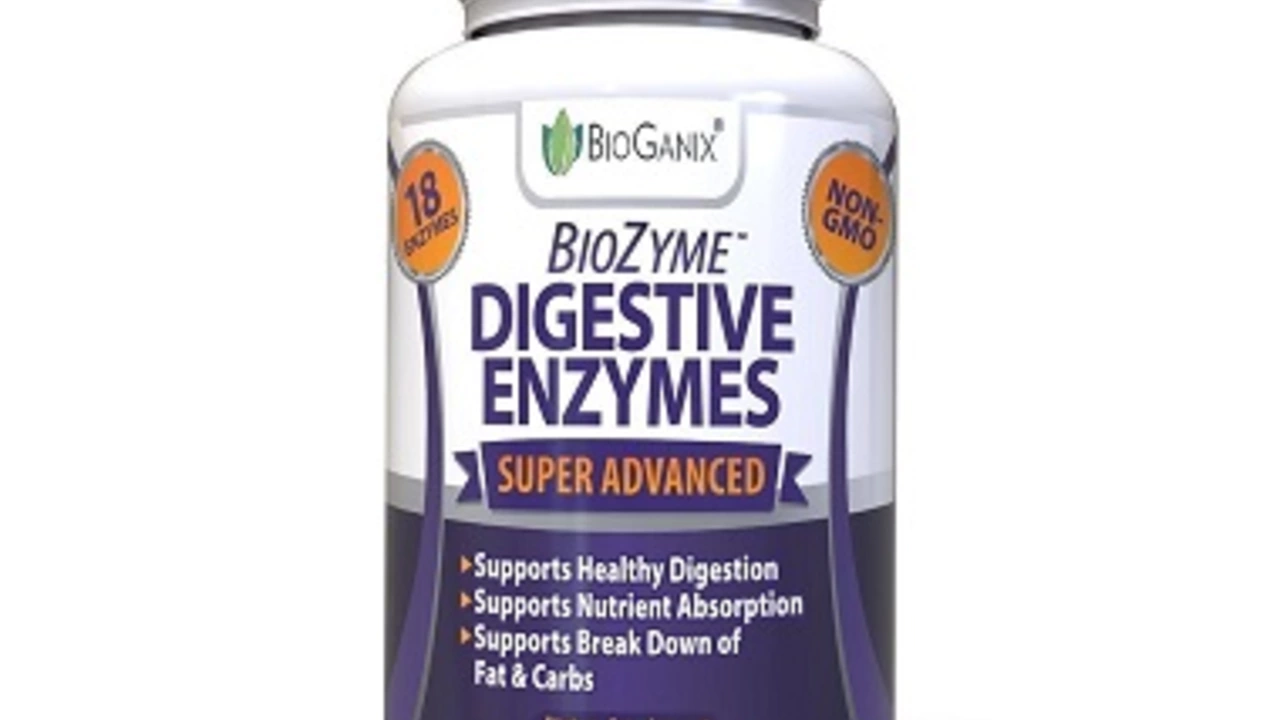Digestive enzyme: what they do and when you might need them
Feeling gassy, bloated, or tired after meals? Sometimes your body just doesn’t break food down well. Digestive enzymes are the proteins that turn carbs, fats, and proteins into pieces your body can absorb. When they’re missing or low, food sits in the gut and causes discomfort, loose stools, or nutrient gaps.
How to tell if you’re low on enzymes
Watch for consistent bloating, oily or floating stools, unexplained weight loss, or strong smells after eating. Lactose intolerance shows up as gas and diarrhea after milk. If symptoms happen only with big fatty meals, your pancreas may not be producing enough lipase. A doctor can order tests (like stool elastase) if symptoms are severe or long-lasting.
Not every stomach ache means you need supplements. Digestive enzymes help when there’s a real breakdown problem or when certain foods trigger trouble. They can also make sense if you’ve had gut surgery, chronic pancreatitis, or are on medicines that affect digestion.
Common enzymes and natural sources
Know the basics: amylase breaks down starch, protease tackles proteins, lipase digests fats, and lactase handles milk sugar. Natural sources include fresh pineapple (bromelain), papaya (papain), and fermented foods like kimchi and yogurt. Eating raw pineapple or papaya before a big meal can help, but supplements give a steadier dose.
Over-the-counter enzyme blends often combine amylase, protease, and lipase. Some add ox bile for fat digestion or lactase for dairy. If you only have lactose issues, a plain lactase pill before milk works well and is cheap.
When taking supplements, timing matters: take them right before or with a meal so enzymes mix with your food. Follow the label for dose. If you don’t feel better after a week or two, stop and check with a clinician—symptoms may point to something else.
Watch for side effects: mild stomach cramps, diarrhea, or allergic reactions (especially with pineapple/papaya extracts). Bromelain can thin blood, so avoid it if you’re on blood thinners. If you’re pregnant, breastfeeding, or have serious health issues, talk to your doctor first.
Picking a product: choose reputable brands, look for third-party testing, and prefer clear ingredient lists with enzyme activity units. Full-spectrum formulas help broad meals, while single-enzyme products fit specific needs. Remember: enzymes treat digestion, not underlying disease—see a doctor if you have weight loss, severe pain, or blood in stools.
Small changes can help too: cut very fatty meals, eat slower, and add fiber gradually. Try food-based enzymes like fresh pineapple or papaya before deciding on long-term supplements. If you want help picking a product or figuring out why food bothers you, reach out to a healthcare pro—getting the right test or advice saves time and worry.
Lipase: The Missing Link in Your Dietary Supplement Routine for a Healthier You
In my latest blog post, we delve into the significant role of lipase, an often overlooked digestive enzyme in our dietary supplement routine. Lipase aids in breaking down fats into smaller molecules, making it easier for our bodies to absorb. By incorporating lipase supplements into our diets, we can improve our overall digestion, manage weight, and reduce inflammation. Many of us are unaware of the importance of lipase, and neglecting it may cause various health issues. So, join me as we explore the benefits of this missing link for a healthier you.
More
